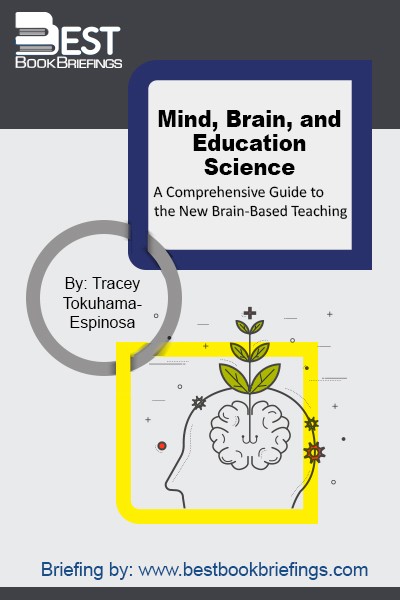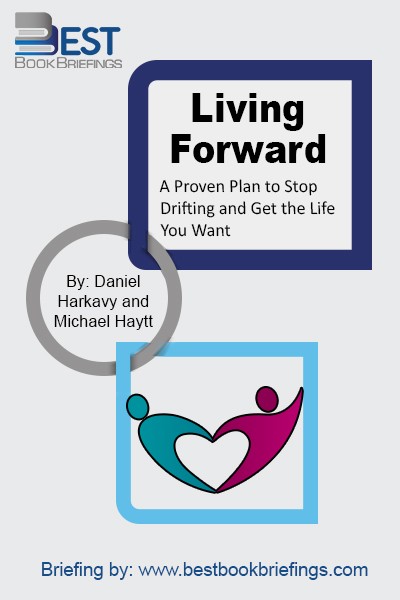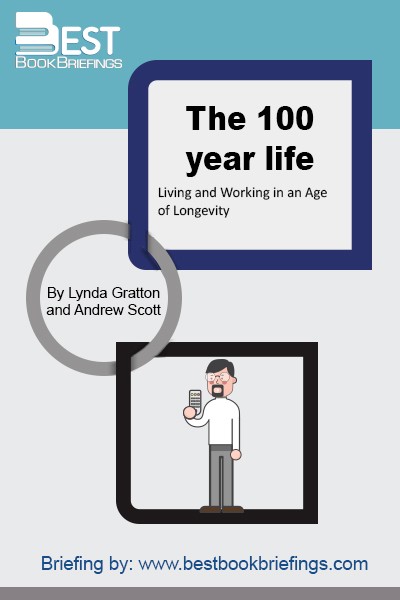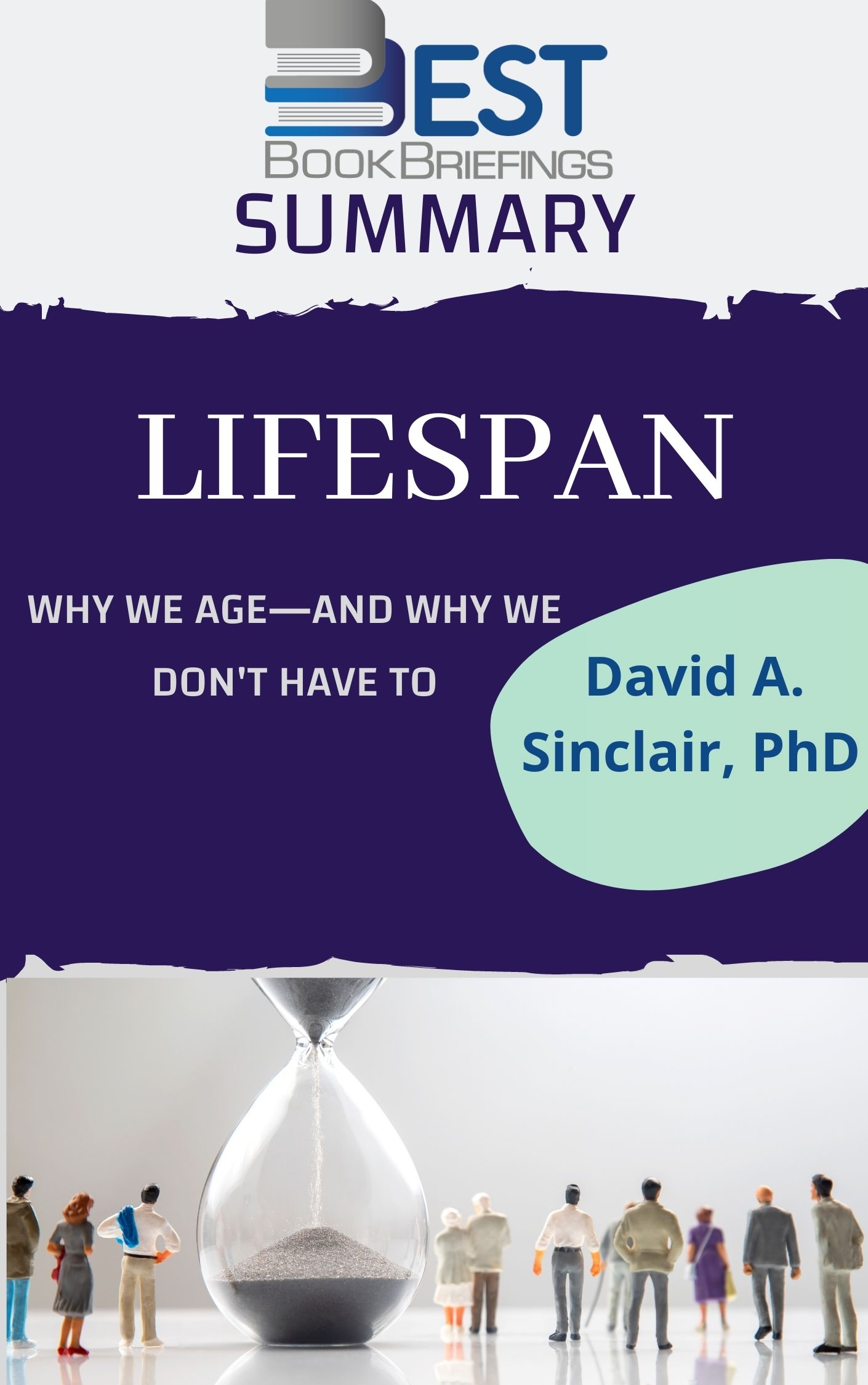Lifespan
Why We Age―and Why We Don't Have To
Number of pages: 432
Publisher: Atria Books
BBB Library: Psychology and Strengths
ISBN: 978-1501191978
Editorial Review
Growing old may seem a distant event, but every one of us will experience the end of life. After many years, all of the education, wisdom, and memories that we cherished, and all of our future potential will be erased. The universality of death makes the children come to understand the tragedy of death surprisingly early in their lives. By the age of 4 or 5, they know that death occurs; it is shocking thought for them. This concept makes you seize the day, and try to have extraordinary lives through doing your part to make humanity be the best it can be. Don’t waste a moment, embrace your youth; hold on to it for as long as you can, fight for it. But instead of fighting for youth, we fight for life or we fight against death. As a species, we are living much longer than ever. Over the past century we have gained additional years, but not additional life-not life worth living any way. What if we could be younger longer? What if we could play as children do, deeper into our lives, without worrying about moving on to the things adults have to do so soon? What if, in our 60s, we weren’t afraid from leaving a legacy but beginning one?
Book Reviews
Books on Related Topics

Education has never had so many tools at its disposal to improve the teaching and learning processes. These are exciting times for everyone in the discipline. Neuroscience and psychology nurture our understanding of how the brain learns and help us identify the best teaching practices possible. Although the tools of the

Whenever we use the term Life Planning, people get it. Everyone recognizes the value of the concept–even if they’ve never really considered it before. We may plan for the next year’s vacation, our children’s college education, or our own retirement. But for some strange reason, it never occurs to us to

A long life could be one of the great gifts that those of us alive today enjoy. On average, we are all living longer than our parents, longer still than our grandparents. Our children and their children will live even longer. Over the last 200 years, life expectancy has expanded at



